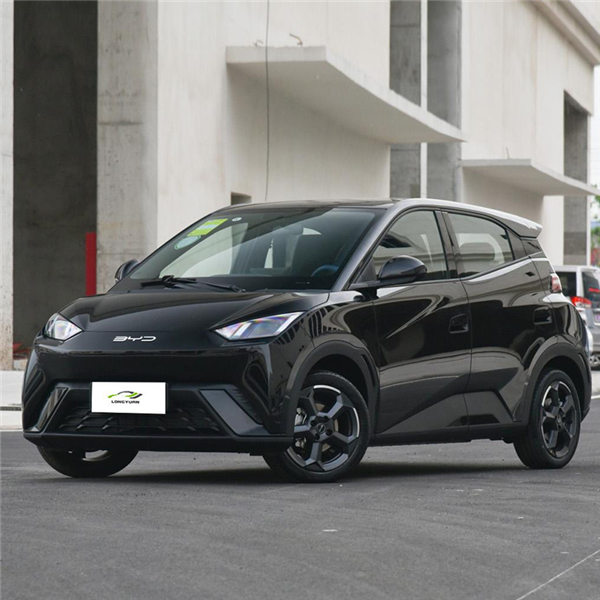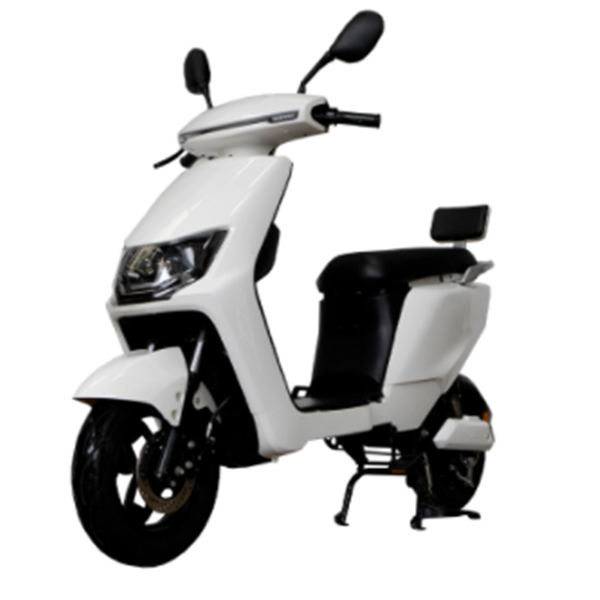How Does Toyota Battery Technology Innovation Work?
The automotive industry is undergoing a remarkable transformation, and one of the key players in this revolution is Toyota. Known for its commitment to innovation, Toyota is pioneering advancements in battery technology that aim to enhance performance, reduce costs, and promote sustainability. This article explores how Toyota’s battery technology innovation works, focusing on the latest developments and their implications for the industry and consumers.
Understanding Toyota's Approach to Battery Technology
Toyota's approach to battery technology is founded on three core principles: efficiency, sustainability, and accessibility. The manufacturer is widely recognized for its development of hybrid and electric vehicles (EVs), relying on advanced battery systems that provide both power and longevity.
Next-Generation Solid-State Batteries
One of the most notable innovations from Toyota is the development of solid-state batteries. Unlike traditional lithium-ion batteries that use liquid electrolytes, solid-state batteries utilize solid electrolytes. This innovation significantly reduces safety risks related to battery fires while offering a higher energy density.
Efficiency and Performance
Solid-state batteries promise to extend the driving range of electric vehicles significantly. Toyota has reported that their solid-state battery prototypes could allow EVs to travel over 500 miles on a single charge. Furthermore, these batteries can achieve an 80% charge in just 15 minutes, addressing one of the most significant pain points for EV users: charging time.
Environmental Impact
Environmental sustainability is at the forefront of Toyota's battery technology initiatives. By developing batteries that require less cobalt — a material often linked to ethical sourcing issues — Toyota aims to minimize environmental degradation. Moreover, the longevity of solid-state batteries leads to reduced waste, as they have a longer life cycle compared to conventional batteries.
Featured content:How to Ensure Quality in Changan Piston Ring Export
Data Insights: Market Trends and Forecasts
Automobiles & Motorcycles
The Benefits of Upgrading Your Berlingo Front Spring
Upgrade Your Ride: 1955 Chevy Front Coil Springs Guide
How Does the 2025 White BYD e2 Perform?
How to Choose a Red BAIC MOTOR X10 PHEV Exporter?
Upgrade Your 1955 Chevy Front Coil Springs in 2024
According to recent research by Bloomberg New Energy Finance, the electric vehicle market is projected to grow exponentially, with sales expected to reach 10 million units annually by 2025. Toyota is strategically positioned in this market due to its early investment in hybrid technology and its ongoing innovations in battery solutions.
Furthermore, a recent study by the International Energy Agency indicates that advancements in battery technology could lower the cost of EVs, making them more accessible to the average consumer. In fact, the cost of battery packs has dropped by approximately 89% between 2010 and 2020, and continues to trend downward.
Conclusion: The Future of Toyota's Battery Technology
The innovations in battery technology from Toyota not only promise to enhance the performance of its vehicles but also have far-reaching implications for the automotive industry. As competition intensifies and consumer demand for electric vehicles grows, Toyota's strides in battery technology position it as a leader in sustainable automotive solutions.
With solid-state batteries on the horizon and growing concerns about environmental impact, Toyota exemplifies how innovation can drive change in the industry. As we've explored, the future of automotive transportation may very well hinge on the evolution of battery technology, and Toyota is at the forefront of this transformation.
For more information, please visit Changan Piston Ring export, Honda Motorcycle Piston Rings wholesale, 2 Stroke Engine Piston Rings export.
Featured content:2003 Dodge Ram 1500 Coil Springs: OEM vs. Aftermarket Options
How to Choose the Perfect HYUNDAI Coil Spring for Your Vehicle?
How to Replace 2010 VW Jetta Rear Coil Spring
VOYAH Chasing Light vs Traditional EV Services: A Detailed Comparison
2001 BMW 325i Rear Coil Springs: OEM vs Aftermarket Options
How to Choose 8.5x
How to Choose 55 Chevy Front Coil Springs?
- Previous: How to Ensure Quality in Changan Piston Ring Export
- Next: None
- 0









